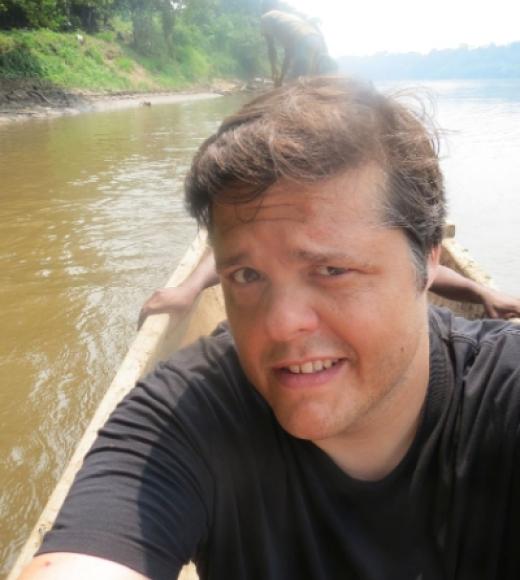
Position Title
Professor of Anthropology
Professor Smith's work, broadly construed, concerns how people in postcolonial Africa make sense of, act on, and forge innovative responses to contemporary global processes and transformations, including dispossession and regulatory efforts aimed at controlling or restricting their mobility and movement.
Since 2006, he has been engaged in a major new project, conducting ethnographic research in the Eastern Congo on the mining and regulation of coltan and what are sometimes referred to as the “3 Ts” (tantalum, tin, and tungsten), minerals essential for electronic and digital devices. The manuscript (The Eyes of the World, 2021) examines the coltan supply chain, and other features of global capitalism, from the point of view of those at the bottom of the chain. For these actors, the "supply chain" is not just an economic system, but a mechanism of value transformation aimed at converting things of the forest, already embedded in a world of ancestors and spirits, into commodities that belong to others in the hopes that Eastern Congolese may experience what they sometimes refer to as “movement,” following upon a long period of war and violent post/colonial exclusion. The second major theme concerns conflict and peace: mainly, The Eyes of the World articulates a Congolese social theory based on movement and “many hands touching money,” concepts that describe and celebrate a conflict-ridden collaboration across differences—this is a collaboration not only amongst people, but also between different political orders, temporalities, institutions, modes of existence, and spatial-temporal arrangements. Finally, the Eyes of the World shows how these bottom-up themes are mobilized in response to international conflict minerals regulations and tracking, like Section 1502 of the Dodd-Frank Act and "bag and tag" conflict-free mining initiatives. This imposed top-down system, based on concepts of separation and purification, turns out to be violently at odds with the thought and practices of Eastern Congolese miners and traders, which prioritize collaboration across differences and "being supple" (kuwa souple) and flexible.
